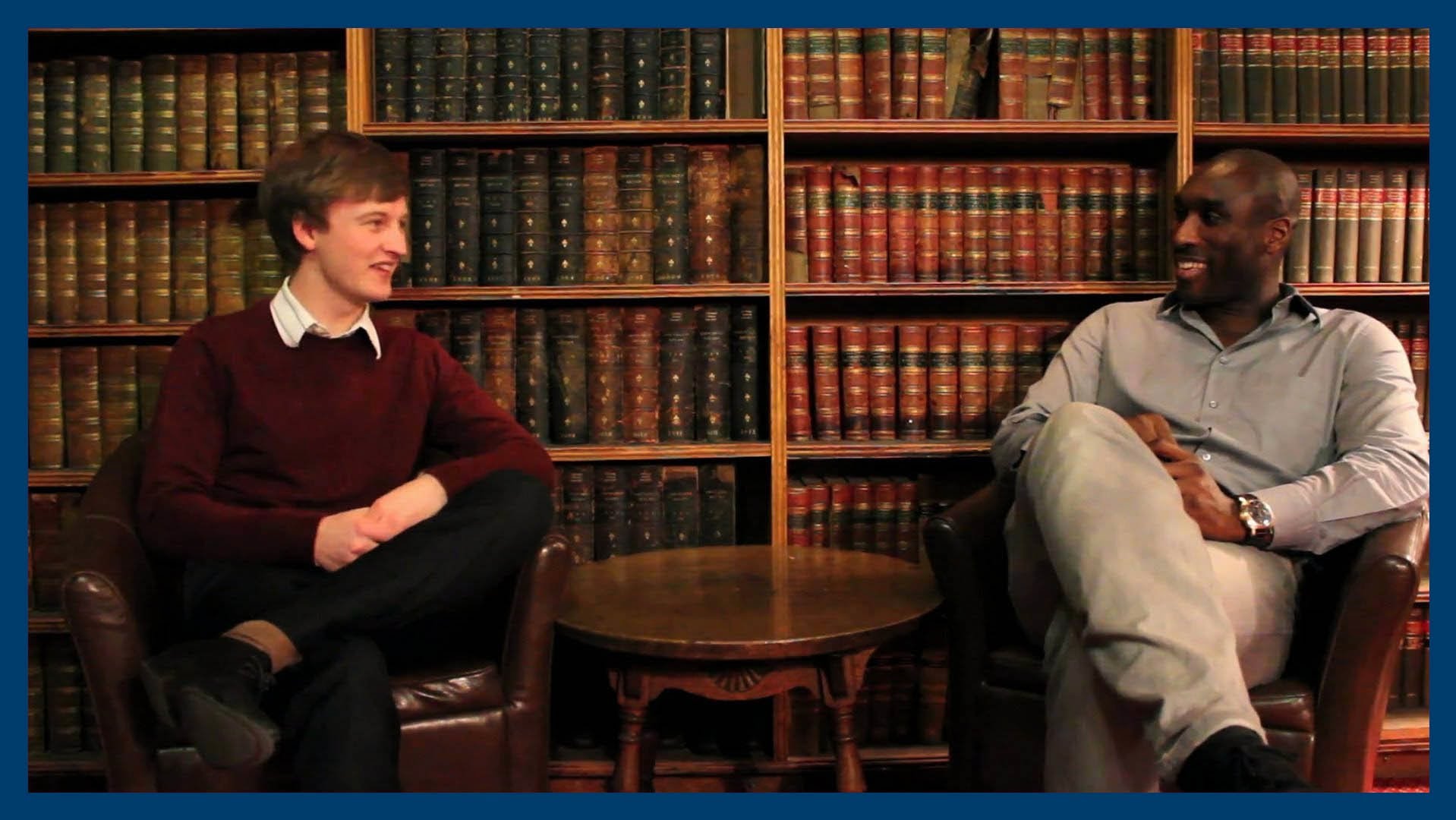December 28, 2017 | Janet Yung
Part II of this three-part guide (Part I for an introduction to the American education system) continues our discussion on number two of the three key education systems – namely the British education system.
As mentioned in Part I, education curriculums vary in breadth and depth of subjects offered, as well as vastly different examination styles. Understanding the three main systems will help you in selecting the best-suited international school for your education goals.

Part II: The British Education System
In schools such as Harrow International School, Kellett School, Nord Anglia International School [1]
- GCSE* and A-Level (GCE) examinations
- Different awarding organisations
- Standardised grading system
- Grading and syllabus reform from 2015
*Note: IGCSE (International General Certificate of Secondary Education) is the international equivalent of the GCSE (General Certificate of Secondary Education); similarly the IAL (International A-Level) and AL (A-Level). Terms will be used interchangeably.
There are many aspects that differentiate the British system from the others, and most people will recognise the distinct examination type – “GCSE and A-Levels”. Ahead of our commentary, we will outline the general structure of secondary school under the British system, and present the IGCSE and A-Level in distinct sections.
Students enter at Year 7 (typically around age 10-11) and finish school at Year 13. There are three years of middle school (Years 7-9), and the final four years of secondary school (Years 10-13) are typically when students will take the GCSE and A-Level exams. As in Part I, our guide will solely focus on exploring these final four years.
1) IGCSEs
Typically:
- Taken between Years 10-11
- Between 8-11 subjects studied
- Range of difficulty options offered for select subjects
During Years 10-11, you will usually take anywhere from 8 to 11 different IGCSE courses and then sit the exam for each of them. IGCSEs are two-year-long courses that are graded at the end by a final exam around spring (May to June).
Each international school will usually offer IGCSEs in the ‘core’ fields of Science, Mathematics and Languages, with some variations in the Creative/ Technical/ Vocational and Social Sciences/ Humanities areas.
Both IGCSE and GCSE subject examinations are set by an external accredited awarding organisation (the most recognised ones being CIE, Edexcel, and AQA), and the final results are graded according to external benchmarks set by the relevant organisation.
Under the recent education reforms to GCSEs and A-Levels from 2015, the old grading system of A* to G (highest to lowest) grades are replaced by a linear scale of 9 to 1 (highest to lowest). Note that some IGCSEs may still offer A* to G grading as of 2017.
Some examination boards also offer a range of difficulties (standard to advanced) for subjects such as Mathematics, English and languages, to cater for various levels of learning.
For example, Edexcel’s IGCSE [2] offers a two-tiered Mathematics A IGCSE (Higher and Foundation) for standard maths, whilst their Mathematics B IGCSE and Further Pure Mathematics IGCSE consist of more advanced material “to stretch and challenge high-achieving students”. Levels taken are usually determined by both student performance and school/teacher recommendations.
Example: Harrow International School [3]
At Harrow, students take 6 IGCSE courses in core subjects and up to 4 optional ones over Year 10 to 11, as per the list below. Most students typically take around 10 GCSEs in total, however some may do slightly less or slightly more depending on individual status, school and preference.

2) A-Levels
Typically:
- AS-Level exams taken in Year 12
- A-Level exams taken in Year 13
Similar to GCSEs, A-Levels are designed to be a two-year course with exams taken at the end of study. Again, IALs (International A-Level) are the international equivalent of A-Levels, and are offered at international schools around the world with the curriculum grounding and learning principles from the British A-Level.
Prior to 2015 education reforms, the A-level grade consisted of two parts – “AS (Advanced Subsidiary)” and “A2”. AS-Level material would be learned and taken with exams in Year 12, forming 50% of the final A-Level grade. The remaining A2 material would subsequently be taken in Year 13, and form the other 50%. Your final A-Level grade, at secondary school graduation, would therefore be the result of both AS and A2 results added together. Students typically take around 4 AS-Level subjects, and progress with 3 or all 4 to A2 Level, depending on individual strengths, interests and school preference.
The education reforms from 2015 have removed the AS-level exam results from counting towards the final A-Level grade, and instead, exist as standalone exams and grades. The key difference here is that the final A-Level grade now will depend 100% on the A-Level exams, taken in Year 13 after two years of study. You can take AS-Level exams in Year 12 and receive a recognised grade and qualification, however it cannot be combined with the A2 exams anymore.
However, whilst this reform has affected A-Levels offered nationally in England, the International A-Levels offered at international schools as of 2017 still follow the previous system where 50% of the A-Level grade is taken at AS-Level.
Example: Edexcel’s IAL and AL comparison table

Our Commentary
Although complex at first sight, the British system is relatively easy to understand – you take GCSE exams from Years 10-11, then A-Levels from Years 12-13. Despite the recent reforms to the grading and examination system, the curriculum remains roughly the same.
We again see that one of the biggest advantages of pursuing the British education system is that it enables early preparation for UK universities in two parts – one, for those looking to study abroad at boarding school for Years 12-13, you will be able to apply with your IGCSE scores. The grades you receive will have been externally marked and benchmarked against your peers, and therefore the IGCSE has relatively strong worldwide recognition and status.
Secondly, students typically take 3 to 4 subjects at their final two years of high school, versus a generally wider range compared to the American and IB system, and therefore are far more intentional with their choice of subjects. This is due to the majority of UK undergraduate courses being subject-specific from the beginning (for those who know the US system, think of it like declaring your major before you start university).
Since the UK system favours depth over breath generally, it goes without saying that the final years of A-Level education already encourages students to narrow down their interests into a few, complementary subjects (e.g. such as Maths and Sciences pairings, or Arts and Languages) after exposure to a wide range at GCSE level.
We would recommend students who have developed interests, skills and passion for certain subjects relatively early on to embark on the British system, as the narrower focus at higher levels can encourage strong exposure and further achievement.
________________________________________________________________________
This doesn’t mean that they should ignore weaker subjects or neglect to explore a breadth of interests, but the British system is definitely an advantage on both depth and breadth – a wide range of exposure at IGCSE level, following targeted and select choices at A-Levels prior to university.
In parts I and III, we explore the American and IB curricula respectively.
To find out more about the British education system or international school
admissions in Hong Kong, contact Ampla Education at info@ampla-edu.com
[1] Note: secondary education currently only offered until year 11 (IGCSE level)[2] https://qualifications.pearson.com/content/dam/pdf/International%20GCSE/General/pearson-edexcel-international-gcse-9-1-maths-guide-0317.pdf
[3] http://www.harrowschool.hk/upper-school.aspx
_________________________________________________________________
Janet studied at French International School and German Swiss International School in Hong Kong before attending Wycombe Abbey, a top girls boarding school in the UK. Janet enjoys teaching humanities subjects as well as Business Studies, Economics, English and Maths. Educated in both Hong Kong and England, she has helped students of all ages with interview and entrance exam preparation, university admissions in addition to IGCSE, A-Level and IB exams. Janet studied Land Economy at the University of Cambridge and her extensive work experience enables her to work with students of all ages in an engaging manner.
_________________________________________________________________
© Ampla Education – Unauthorised use of this material without permission is strictly prohibited. Excerpts and links may be used, provided that full credit is given to Ampla Education.



















